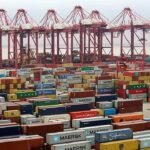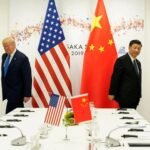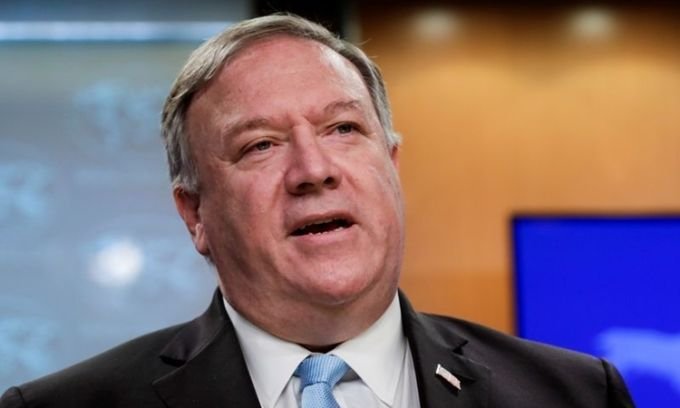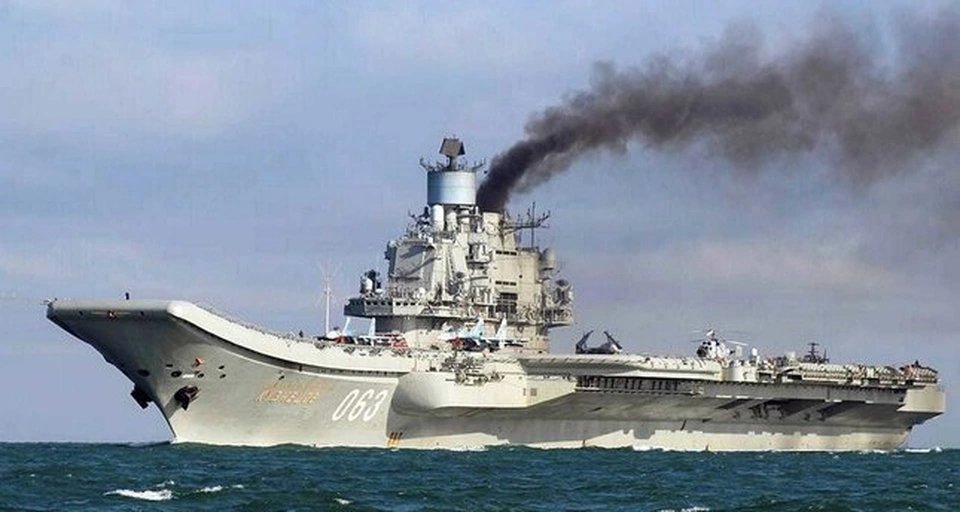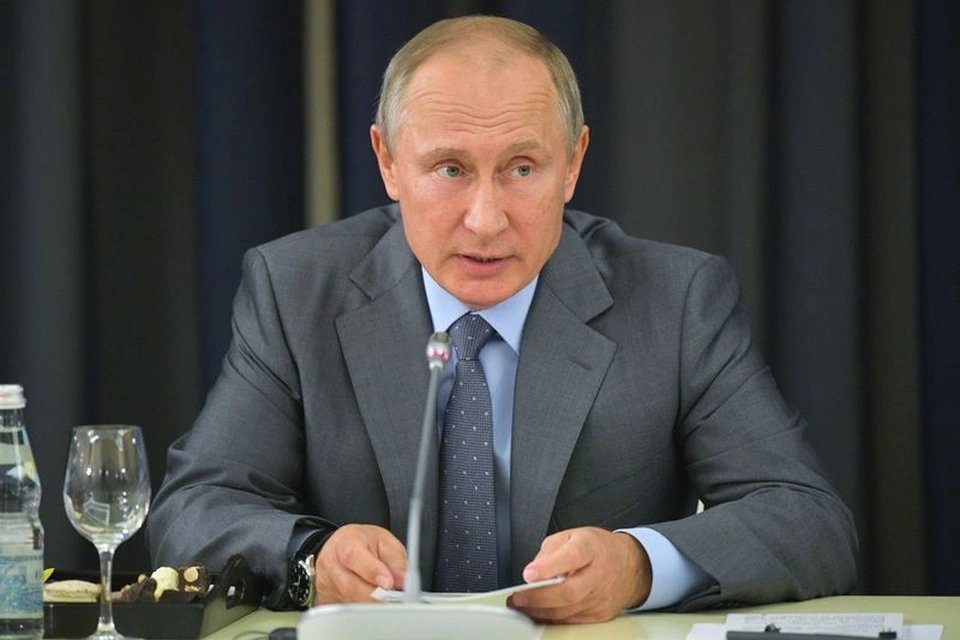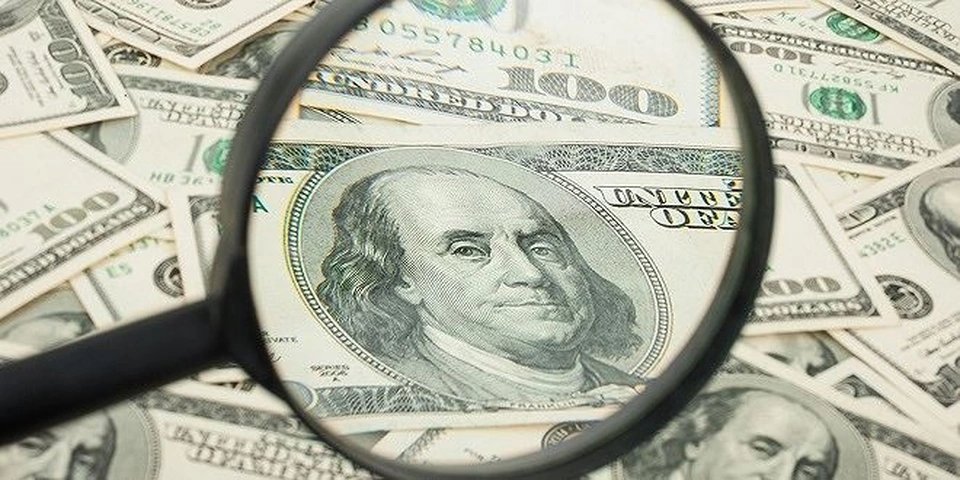Tensions in the East Sea escalated on July 13, when US Secretary of State Mike Pompeo issued a statement on the US position, rejecting the `nine-dash line` claim that China unilaterally outlined, covering almost the entire area.
A day later, US Assistant Secretary of State for East Asian and Pacific Affairs David Stilwell gave a speech affirming that the US could punish Chinese officials and businesses involved in coercion in the East Sea.
US Secretary of State Mike Pompeo spoke at an event in Washington in June. Photo: Reuters.
According to Robert D. Williams, an expert at the John L. Thornton China Center of the Brookings Institution, neither Pompeo nor Stilwell’s statements fundamentally change the US’s previous stance on unreasonable demands.
However, this is the first time the US government has publicly supported the PCA’s ruling on the status of certain entities in the Spratly Islands and related maritime rights.
Elizabeth Economy, director of Asia studies at the Council on Foreign Relations in the US, said that Pompeo’s statement signals that Washington will strengthen its support for the PCA ruling and `will likely encourage other countries to actively support it.`
By rejecting China’s maritime claims, the US `supports those who want the 1982 United Nations Convention on the Law of the Sea (UNCLOS) as the basis for determining maritime rights in the South China Sea`, according to the standard.
`What Washington wants is for China to comply with international law recognized by all parties, including UNCLOS,` he added.
Responding to the US statement, Vietnam welcomed the stance of countries on the East Sea issue in accordance with international law and shared the view that UNCLOS is the legal framework that regulates all activities at sea and in the ocean.
China carried out a series of aggressive activities in the East Sea such as sending the Hai Duong 8 geological survey ship into Vietnam’s exclusive economic zone, then following the Malaysian drilling ship.
Richard Heydarian, a scholar in Manila, said that the US statement has `great practical significance`, especially for US allies like the Philippines, because it clarifies US commitment in the East Sea.
Jay Batongbacal, director of the Institute of Maritime Affairs and Law of the Sea at the University of the Philippines, said the tougher US stance will give ASEAN nations leverage in negotiations, as they now know that their stance is well received.
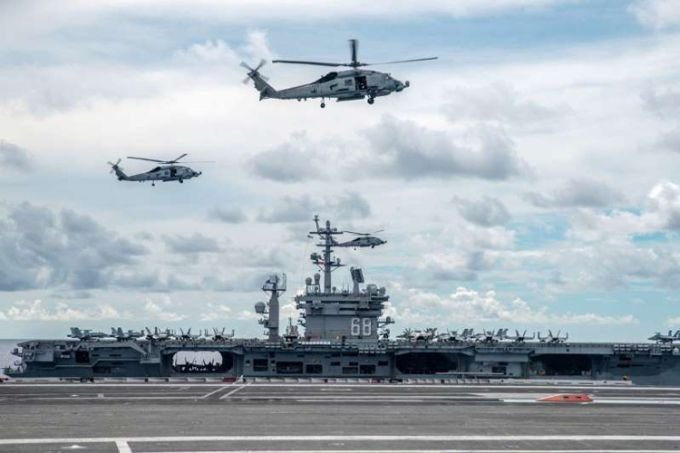
US ships and aircraft during exercises in the East Sea on July 6.
The US stance `will be the basis for the US and Southeast Asian countries to cooperate and coordinate policies to counter China’s actions,` Batongbacal said.
He emphasized that this `is not a basis for military action against China`.
Meanwhile, McDevitt believes that ASEAN countries will continue to balance their relationships with China and the US because they do not want to be forced to choose sides and get caught up in tensions between the two powers.
`ASEAN and its member countries will be very cautious in how they deal with China and how they react to the US statement,` he said.
In the first quarter of this year, ASEAN surpassed the European Union and the US to become China’s largest trading partner, in the context of the prolonged US-China trade war and Covid-19.
According to expert Williams at the Brookings Institution, legal statements like Secretary Pompeo’s also send implicit messages to China about the benefits of complying with international law.
`Such US messages will challenge the legitimacy of China’s position and cause Beijing to consider the risk of reputational damage in its calculations,` Williams said.




